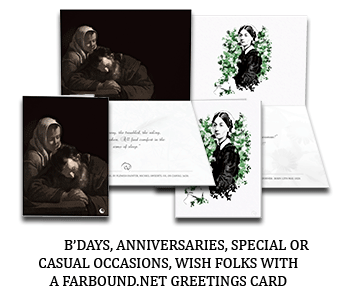Empire on which the sun doesn’t set.
British Empire.
The British Empire was not only the last great empire of the imperial age but also the largest the world has ever known. Spanning several time zones and approximately 35, 500, 000 square kilometres of the Earth’s land area, it was a colossal multiracial entity of 412 million people hailing from distant regions and diverse backgrounds, and popularly known as the empire on which the sun never set.
While physical size alone may have qualified imperial age Britons to proudly refer to their empire as the one on which the sun literally never set, the phrase itself was not coined by them but taken from the Spanish boast of ‘el imperio en el que nunca se pone el sol’.
Originally used to describe the Habsburg empire of Charles V and that of his son Phillip I who with the conquest of the neighbouring kingdom of Portugal in 1580 had burgeoned the Spanish empire, and whose descendants had further increased its size to 13.7 million square kilometres.
The phrase had entered British public discourse in the late 17th century. Some ten years after imperial Britain and her allies had emerged victorious in the Seven Years War (1756-63) having defeated rivals France, Russia, the Habsburg Monarchy and the Spanish Empire.
Historical records indicate that it was during this time, or to be more particular in the year 1773, that colonial administrator, statesman and diplomat George Macartney had used the phrase for the first time to describe the British Empire’s extensive size and the limitless possibilities it had presented with the words, ‘this vast empire on which the sun never sets and whose bounds nature has not yet ascertained’.
Although there is no clear evidence as to who invented the witty rejoinder, ‘God doesn’t trust an Englishman in the dark’, the use of the word ‘Englishman’ in the original phrase is suggestive that it may have arisen in Europe or more specifically in the British Isles itself.
As prior to the unification of the British Isles by the kingdom of England, English kings had feuded with other Europen powers as well as Wales, Scotland and particularly Ireland – that since its colonization in 1546 had reserved a very hostile attitude towards Englishmen.
However, the person who is commonly credited to have produced the one-liner was the American professor John Duncan Spaeth (1868-1954).
One of the foremost authority on Shakespeare and an English teacher at the Princeton University in New Jersey, Spaeth had played an important role in tutoring military cadets during World War I after it had been discovered that most young men enlisting for military service were either illiterates or hailed from non-English speaking backgrounds.
Working as the Educational Director of the YMCA, a group entrusted to provide adult education and moral service in military training camps, Spaeth had assisted greatly in imparting English education that was a mandatory part of military training and later produced the hand book, Camp Readers for American Soldiers.
Spaeth’s original line was not incidentally a penned line but seems to have been a part of a dialogue and an answer to a question. Spaeth had German-Scottish parentage and this answer of his was likely intended as a joke.
I know why the sun never sets on the British Empire. God wouldn’t trust an Englishman in the Dark.
– John Duncan Spaeth
It is quite possible that Spaeth, himself, may have sourced the saying from Abraham Lincoln (1809-1865) who had quoted the same for the British, having heard of it from a Native American chief.
Prior to both the Spanish and the British, the phrase ‘the empire on which the sun never sets’ is believed to have been also used by Achaemenian emperor, Xerxes the Great. According to the Greek chronicler Herodotus (484-425 B.C.), after having begun his reign on an optimistic note by squashing a rebellion in Egypt in January 484 B.C., Xerxes had said:
‘We shall extend the Persian territory as far as God’s heaven reaches. The sun will then shine on no other land beyond our borders’.





